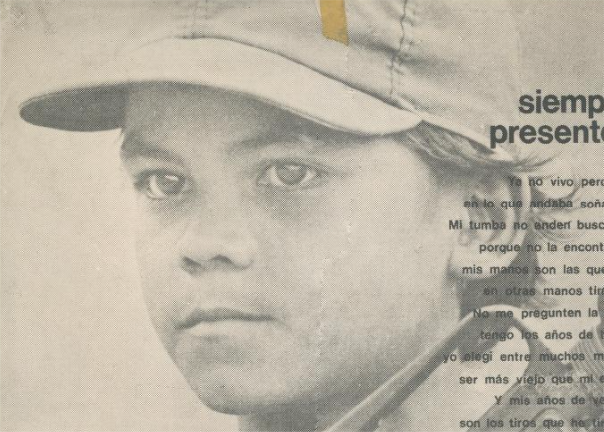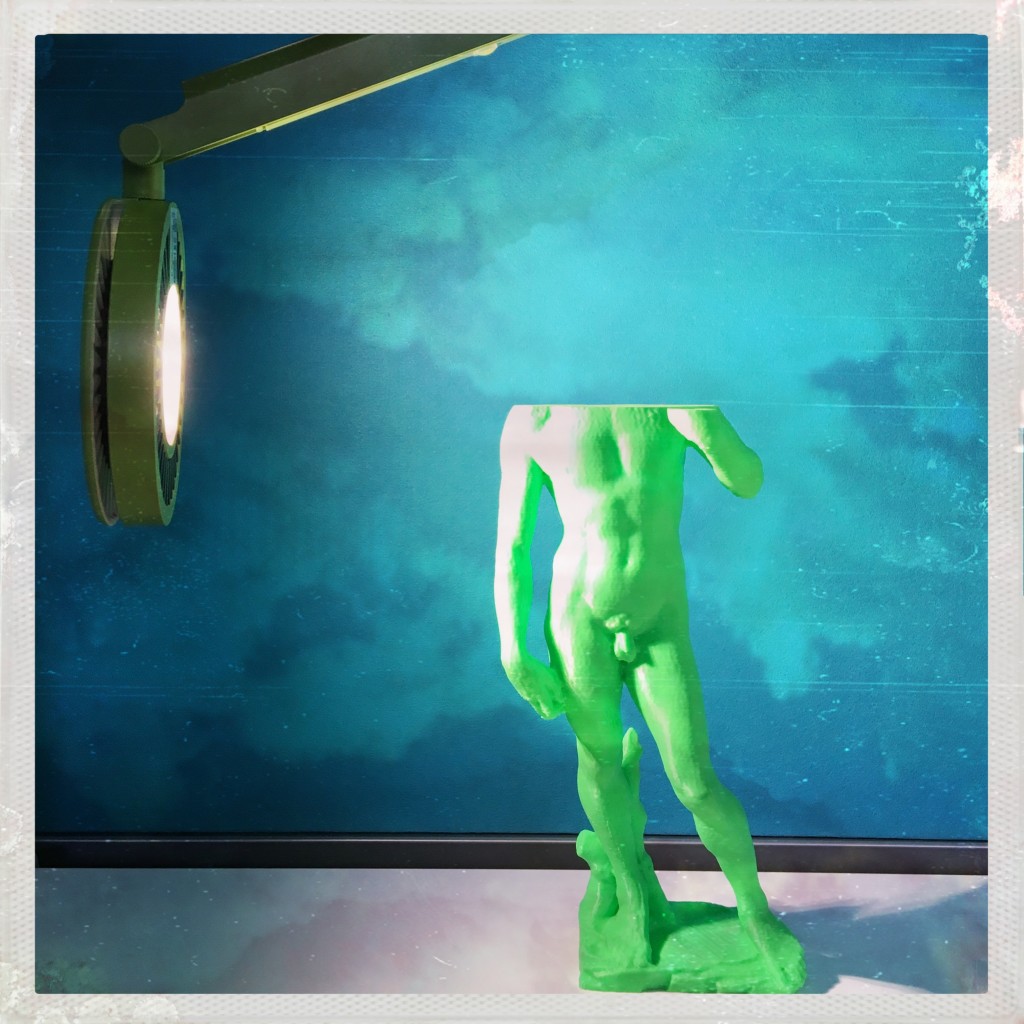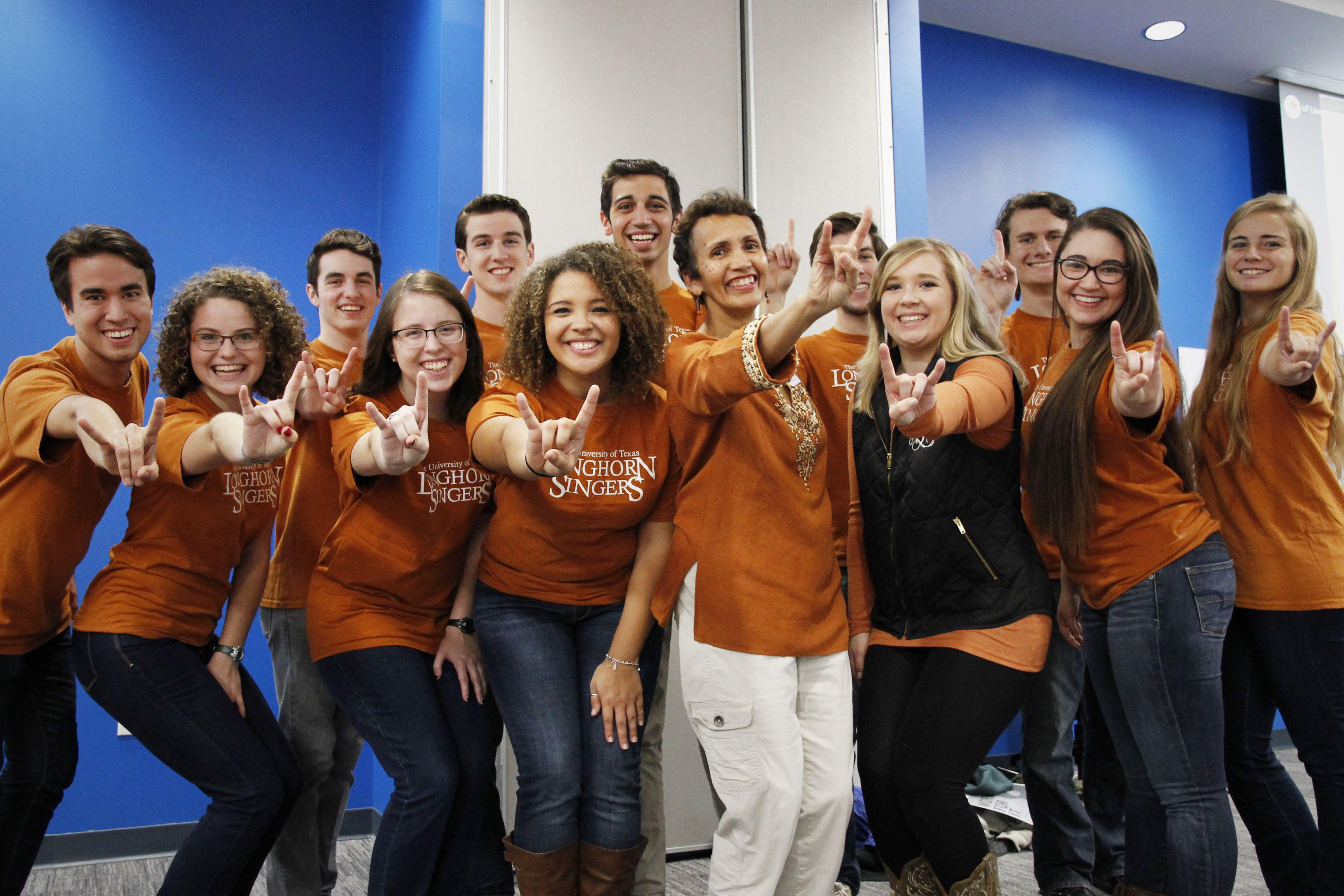
The Benson Latin American Collection has established itself as a leader in the area of post-custodial archives — a systematic approach to preservation that places emphasis on providing for original materials to remain in the possession of its creators or cultural parentage. Such notable examples of the practice by the Benson are the projects that make up the Human Rights Documentation Initiative — including the Genocide Archive of Rwanda and the Guatemalan National Police Historical Archive — and Primeros Libros, a project to digitize the first books printed in the New World.
Most recently, though, staff from LLILAS Benson Latin American Studies and Collections and the Libraries have been building upon a project — initially funded from a 2014 Mellon grant award — that takes a more comprehensive approach to preserving the culture and history of Latin America.
The Latin American Digital Initiatives (LADI) repository, currently represents the collaborative efforts of LLILAS Benson with three Central American organizations on four distinctive projects:
- The Archivo de Inforpress Centroamericana at El Centro de Investigaciones Regionales de Mesoamérica (CIRMA) in Guatemala, which features news clippings and documents compiled by the journal Inforpress Centroamericana on the topic of violence in Guatemala.
- Colección Conflicto Armado del Museo de la Palabra y la Imagen at Museo de la Palabra y la Imagen in El Salvador, highlighting Political propaganda produced during the Salvadoran armed conflict by clandestine groups and non-governmental organizations as well as the military.
- Hemeroteca del Museo de la Palabra y la Imagen, also based at the Museo de la Palabra y la Imagen, documenting clandestine publications from the period of the Salvadoran armed conflict.
- La Información at Centro de Investigación y Documentación de la Costa Atlántica, documenting the historical newspaper’s coverage of social, political and economic life of Bluefields, Nicaragua.
Initial work was completed and the website for LADI was launched last November, and recently, the site (and the team that built it) was awarded the Excellence in Digital Libraries Award from the Texas Digital Library.
Theresa Polk, post-custodial archivist at the Benson and one of the project’s leads, is gratified by the success of the project, and looks forward to its future potential.
“It was tremendously exciting to see how the metadata facilitated these disparate collections talking to one another and to other Benson digital collections,” says Polk. “As the site continues to evolve, new collections are added, and researchers begin to actively engage it, we hope it will facilitate new insights into human rights scholarship in the region.”



